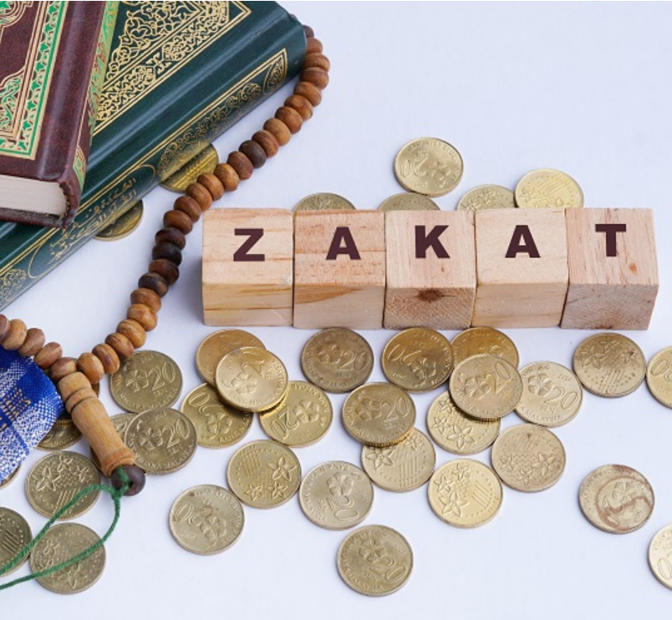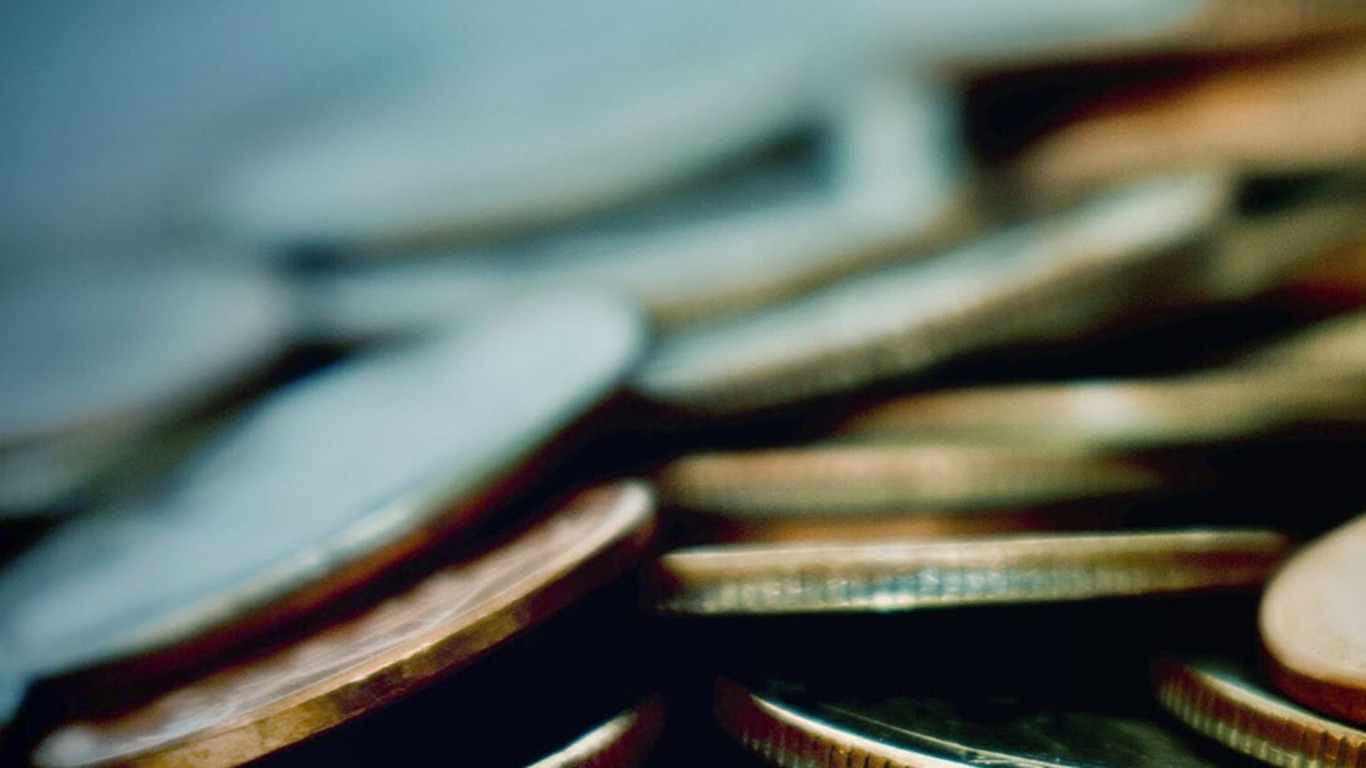WHAT IS ZAKAH?
Zakah is one of the Pillars of Islam and an islamic obligation that must be performed once a year. Zakah is not an option it is a compulsory act for all Muslims. It is an act in which one pays 2.5% of their annual savings to those in need. It is a religious duty which washes away impurities from our provision and ensures excess wealth is distributed amongst those in need.
When Should Zakah Be Paid?
Zakah is paid when two conditions are met:
The Nisaab: the minimum amount of wealth a Muslim must possess before they become eligible to pay Zakat.
The Hawl: A lunar Year (354 Days/Islamic Year) has passed on it after reaching the Nisaab .
The Nisab was set by the Prophet Muhammad (peace be upon him) at a rate equivalent to: 87.48 grams of gold and 612.36 grams of silver. In today’s day and age we do not use silver or gold as monetary exchange so when calculating your Zakat, you need to find out the equivalent of the rates the Prophet (peace be upon him) set but in your local currency.
This can be done by checking the market rate of gold and silver today. If the money comes to less than the nisaab amount then no Zakah is due.
HOW MUCH DO I PAY?
Mercy to Humanity - Zakah Information

Mercy to Humanity uses the value of Gold as the standard for the Nisaab, so the minimum current amount is: £3767.35 before Zakah is due to be paid. For example, if a year had passed on this amount you would pay 2.5% of this which would be £94.18. If you had £5,000 in wealth/assets saved and a year had passed on it then you would pay £125.00.
Those things classed as your wealth and Assets which are Zakah applicable:
Cash – in the bank or at home and that which is saved for anything specific.
Gold and Silver – The value of it in your local currency according to the Nisaab.
Shares – The value of the shares you own at their market price.
Money owed to you – If it is expected to be repaid.
Your Business – The balance sheet value of the Stock you possess.
Your Properties – Any rental income that’s been saved of the year. The equity value of your investment property portfolio is not included as part of your assets in the Zakat calculation.


